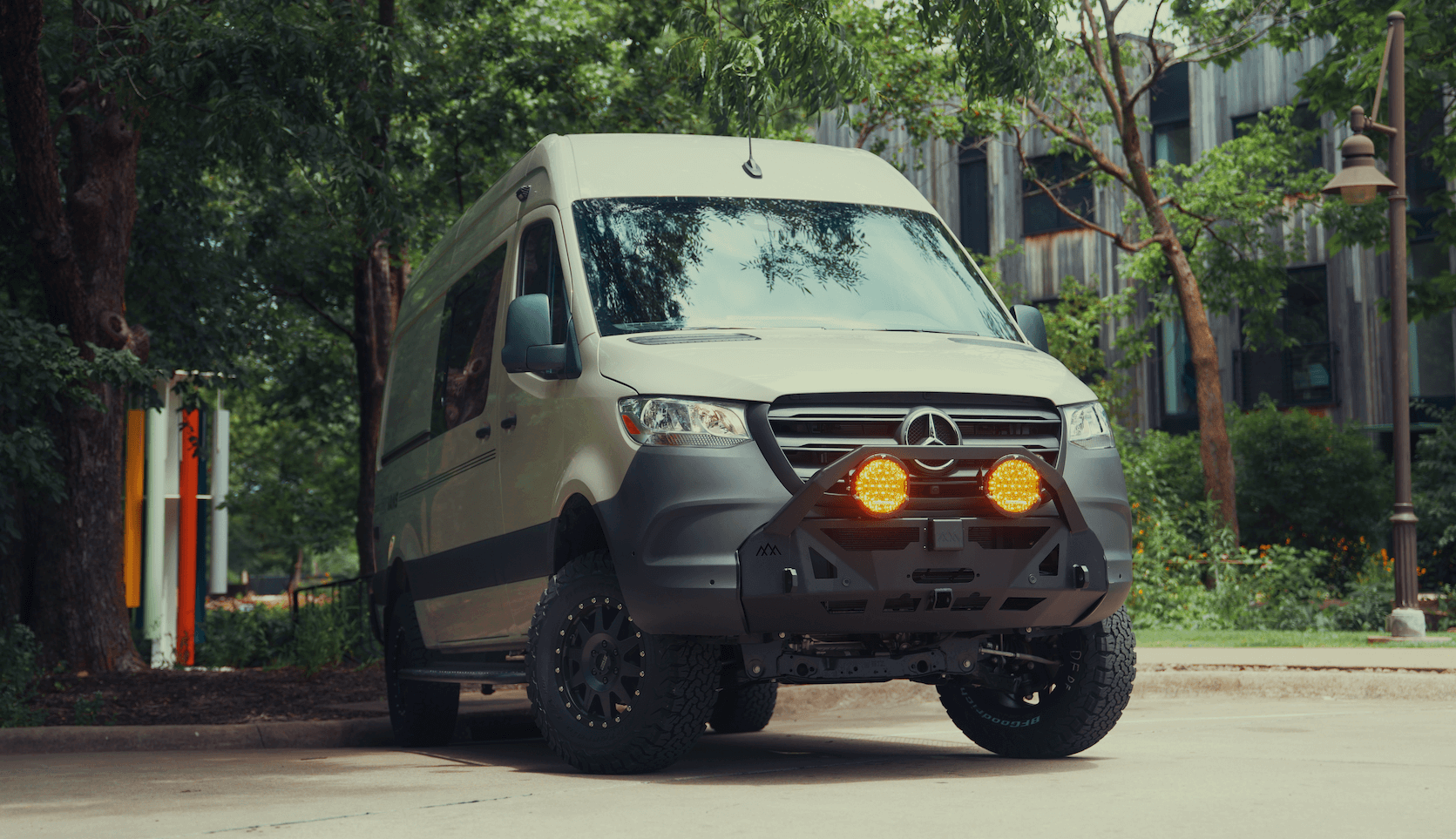Recreational Vans

When a van conversion qualifies as a motorhome, states often change the way fees are calculated. Many departments of motor vehicles look for permanent living features. Common criteria include a fixed bed or convertible sleeping area, a permanent cooking setup, onboard water, and safe electrical with a dedicated power source. Some states request two or three of these features, while others list a longer checklist. If your build satisfies the list and the inspector verifies it, the vehicle may be titled and registered as a motorhome rather than a passenger van or commercial vehicle. That classification often adjusts taxes, plate type, inspection needs, and insurance.
A reclassification can reduce or increase costs depending on the state. For example, a motorhome may be exempt from certain commercial weight fees but may trigger higher registration based on value. In some places, the motorhome plate replaces a typical passenger plate, which can influence renewal cost and emissions rules. The takeaway is simple. The label you choose and the proof you provide can change your final bill.
No two states charge fees the same way, but most follow a predictable pattern. Your first year is usually the most expensive due to tax, plate, and title events. Renewals tend to be less, though some states add recurring fees based on vehicle weight or value.
Title costs are straightforward, but the taxable amount deserves extra attention. Keep purchase documents, build invoices, and proof of materials. Some states tax based on declared purchase price, others on fair market value, and some allow documentation of upgrades to establish a basis. If you paid tax in another state, you may owe only the difference up to your new state rate.
Converting a cargo or passenger van into a motorhome adds fixtures and equipment. The final curb weight can move the vehicle across a fee threshold. Ask about the weight breakpoints for motorhome plates before you visit the counter. County add ons, like road or transit fees, are fixed by location and cannot be avoided, but you can plan for them.
States may require a visual check to confirm motorhome features. Keep clear photos of the sleeping area, cooking appliance, and water system, plus any manufacturer documentation for your electrical system. An inspector wants to verify permanence and safety. If you pass the checklist the first time, you avoid repeat visits and extra charges.
A practical way to forecast your first year cost is to gather four numbers. Start with the purchase price or estimated value, then note your state tax rate and any local add ons. Next, identify whether your state uses weight or value to set the motorhome registration fee. Finally, add fixed items like title, inspection, plate issuance, and county fees. With these pieces, you can build a realistic estimate and a budget.
Here is a quick approach that works in most states:
Ranges are wide across the country. A light conversion with modest value in a low tax state might land near a few hundred dollars. A high value motorhome in a state that uses value to set fees can exceed one thousand. Metro emissions programs or county surcharges can add more. Planning ahead keeps the process smooth, and having organized documents can save time at the counter.
OZK Customs can help you think through the practical parts of a compliant build plan without turning your registration day into guesswork. We create road ready vans and overland rigs designed for real travel. Our team focuses on safety, durability, and the systems that agencies and insurers understand, like properly fused power, secure water installs, and permanent fixtures that fit common classification lists. That attention helps you present clear proof of living features when it matters.
When you are budgeting, consider the impact of final weight, declared value, and the permanence of your interior. Smart choices in materials and layout affect not only travel comfort but also how a state reads your conversion. If you want a build that feels like home and registers like a motorhome, our crew in Northwest Arkansas builds with that outcome in mind.
Bold moves begin with a plan. If you are exploring a fresh build, want a refined interior that stands up to miles, or need a capable off grid system, sit down with our team for a straightforward path from design to delivery. We will walk you through features, timelines, and costs so your new rig is ready for the road and ready for the desk clerk.
Strong next steps:
Bring your vision, and we will shape the rig. Schedule a consult with OZK Customs to align your build with practical classification standards and a clean registration day. Our Fayetteville shop delivers vans and overland rigs that travel hard, live comfortably, and register smoothly. Fill out the form and let us get you moving.
Ready to avoid surprises and register with confidence. Talk with OZK Customs about a compliant RV build plan, documentation, and a streamlined handoff. Our team builds road ready vans and overland rigs that meet practical standards, so you spend less time at the counter and more time on the road. Start your custom build consult now.
ADDRESS:
6159 E Huntsville Rd, Fayetteville, AR 72701
PHONE:
(479) 326-9200
EMAIL:
info@ozkvans.com